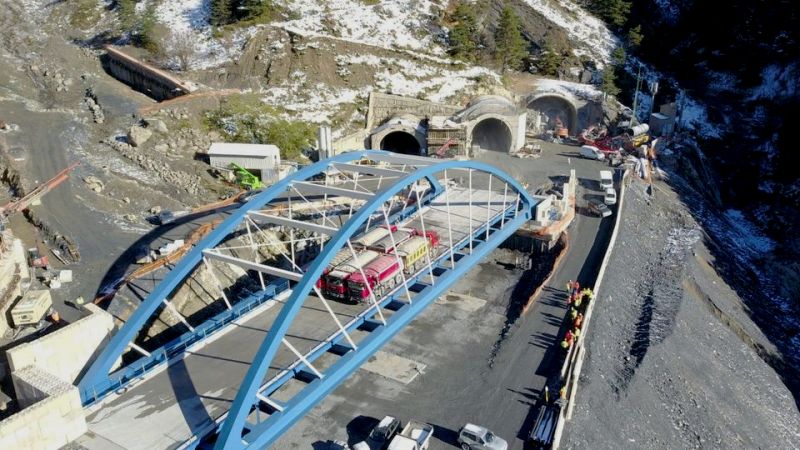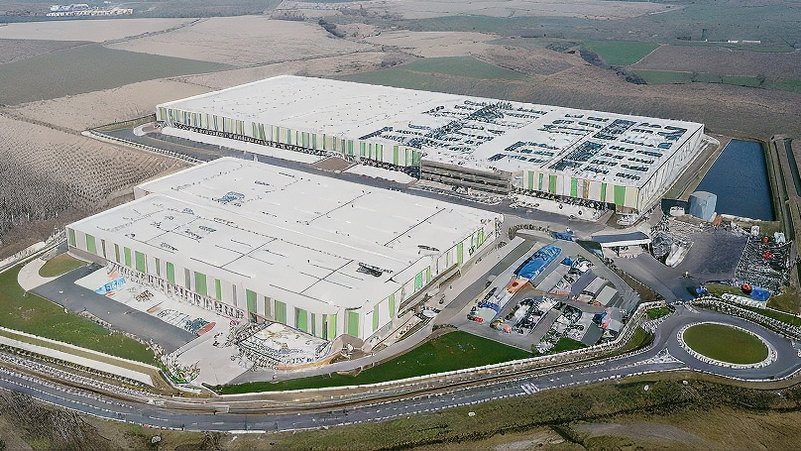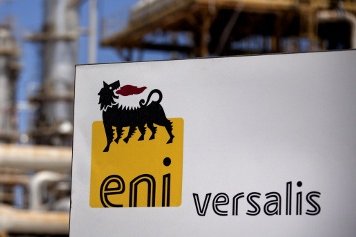On October 29, 2024, ESPO voiced significant concerns regarding the European Commission's plans for the future EU budget. The Commission is preparing a radical budget reform, in which a large portion of transport funding would be folded into a single financing plan for each member state. Under this approach, direct EU-managed funding would be limited to major cross-border projects, such as Rail Baltica, the Fehmarnbelt tunnel, or the Lyon-Turin railway line.
ESPO urges the Commission to continue supporting and strengthening the European transport infrastructure tool, currently known as the Connecting Europe Facility (CEF), while making it more tailored to the needs of ports and their operators. This is the only effective way to ensure the development of an efficient and state-of-the-art European transport network, which serves as the backbone of the EU internal market. Furthermore, a well-functioning transport network is essential for enhancing Europe’s resilience and improving its military preparedness.
The Commission's plan to include port investments in national plans runs counter to the need for a common evaluation and broader European planning, as highlighted in the Draghi report. Although ESPO understands that national plans must meet strict criteria and follow EU priorities, the proposed approach weakens infrastructure coordination at the European level and risks undermining the level playing field among member states.
A national funding approach risks bringing transport policy back to the 1980s, with fragmented national priorities across 27 member states and numerous regions. Without adequate allocation of funds for ports and port-relevant projects (such as those related to the energy transition), investments risk being sidelined in favor of other political priorities. Ending CEF or similar funding mechanisms would mean ports have to meet stringent requirements, as outlined in the revised TEN-T policy, while funding opportunities and long-term investment stability would be jeopardized by shifting national government priorities. This would not help maintain coherent visions along transport corridors designed to connect EU economies and compete with other global economic powers.
Moreover, linking national transport funding to a reform agenda in other sectors could dangerously jeopardize progress on port investments, without ports having any responsibility or leverage to drive such reforms. Any future Commission plan should avoid holding back port funding due to unmet state-level reforms.
According to European ports, transport investment plans should be primarily evaluated based on their compliance with EU TEN-T policy priorities and should be prioritized based on their added value to the Union. Ports are not often purely "cross-border" entities but have a crucial international impact: they represent the starting point for intermodal operations and cross-border maritime transport flows, serving local markets as well as many hinterland connections beyond borders. The transport sector is a network industry: insufficient infrastructure in one region undermines the entire network, hindering the European economy. Conversely, an efficient port ensures connectivity and added value well beyond national borders.
To be fully effective, ESPO believes that the future EU transport infrastructure tool should receive a significantly stronger dedicated budget for ports, ensure that a sufficient portion of the budget supports socially crucial port projects that contribute to a green, digital, secure, and competitive Europe, ensure that the "cross-border" criterion in a strict sense is not a sine qua non condition for funding, be more transparent in project selection and the role of member states in this process, structure calls by transport mode rather than general themes to improve clarity and avoid overlaps, and reduce complexity and administrative burdens in the application processes.



































































